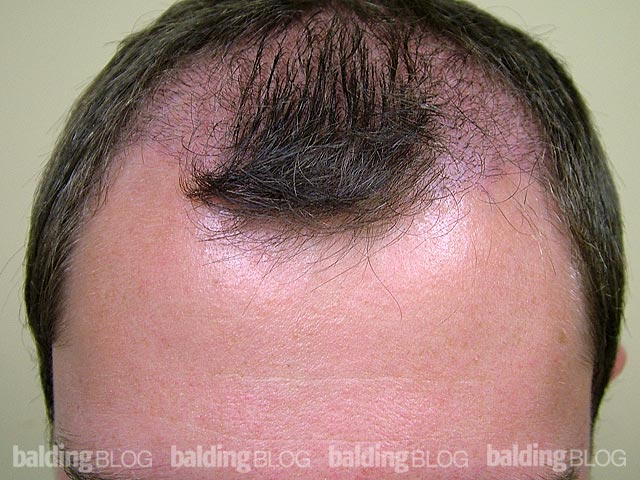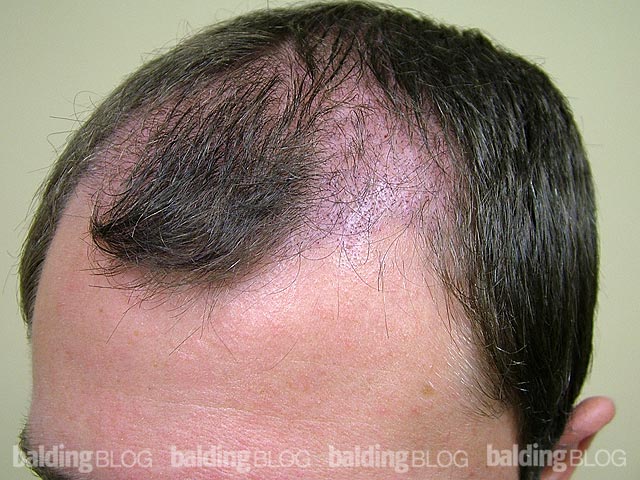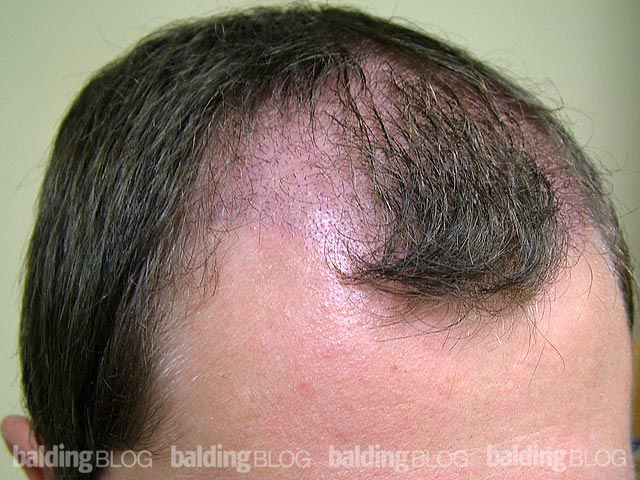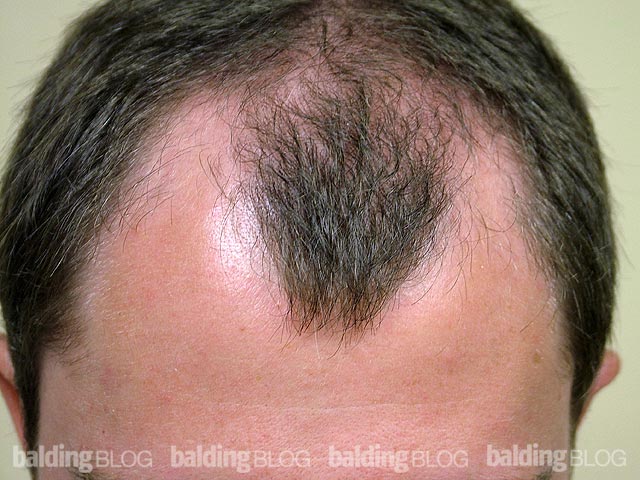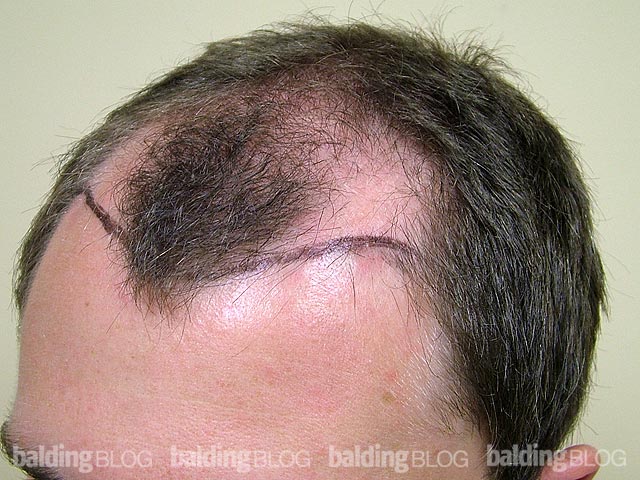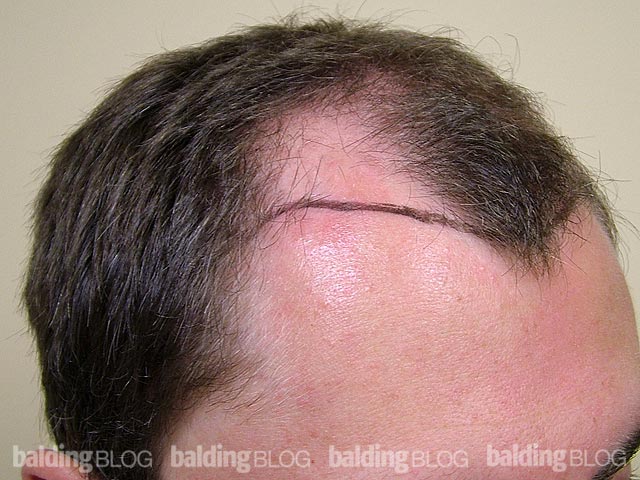I had my first transplant recently and the washing of my scabs did not go as smoothly as planned. In other words on day 6 or 7 my scabs were such that they felt soft enough to gently scrap, which I did. The stress for me was that many, many hairs accompanied those scabs for which made me think, did I lose the entire transplanted graft? Some scabs had a fatty white tissue attached. Am I okay? A tech stated not to worry as the hairs are their permanently after the first couple of days, is that true? I was very gentle during the washing process but am concerned that I may have lost the entire graft?

Generally, when the scabs are off, there is no risk of graft loss. When there are scabs present, you can pull out the grafts if you are rough with it, but at a week, it would be unlikely. Most people see scabs and hair and something that looks like a graft to the untrained eye, but it is generally not grafts at a week. For more info, please see:
- Losing Grafts 1 Week Post Surgery?
- Washing Scabs One Week After Surgery
- When Are My New Grafts Secure?
- 16 Days Post-Procedure, I Still Have Scabs


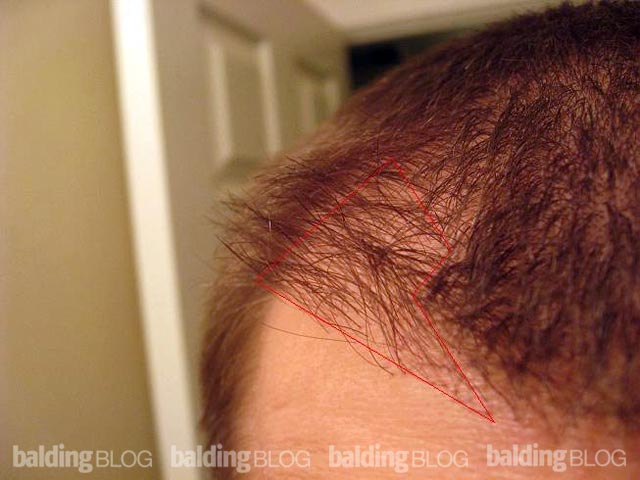
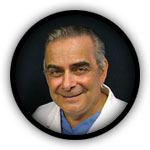 At least a few times each week I get emails asking what to do after a surgical procedure was done (not by me), many times with complications. People contemplating surgery should have doctor/patient communication on the top of the list for doctor’s qualities. Having a doctor who is technically competent, but can not support you emotionally, intellectually, or practically, is really of no value.
At least a few times each week I get emails asking what to do after a surgical procedure was done (not by me), many times with complications. People contemplating surgery should have doctor/patient communication on the top of the list for doctor’s qualities. Having a doctor who is technically competent, but can not support you emotionally, intellectually, or practically, is really of no value.